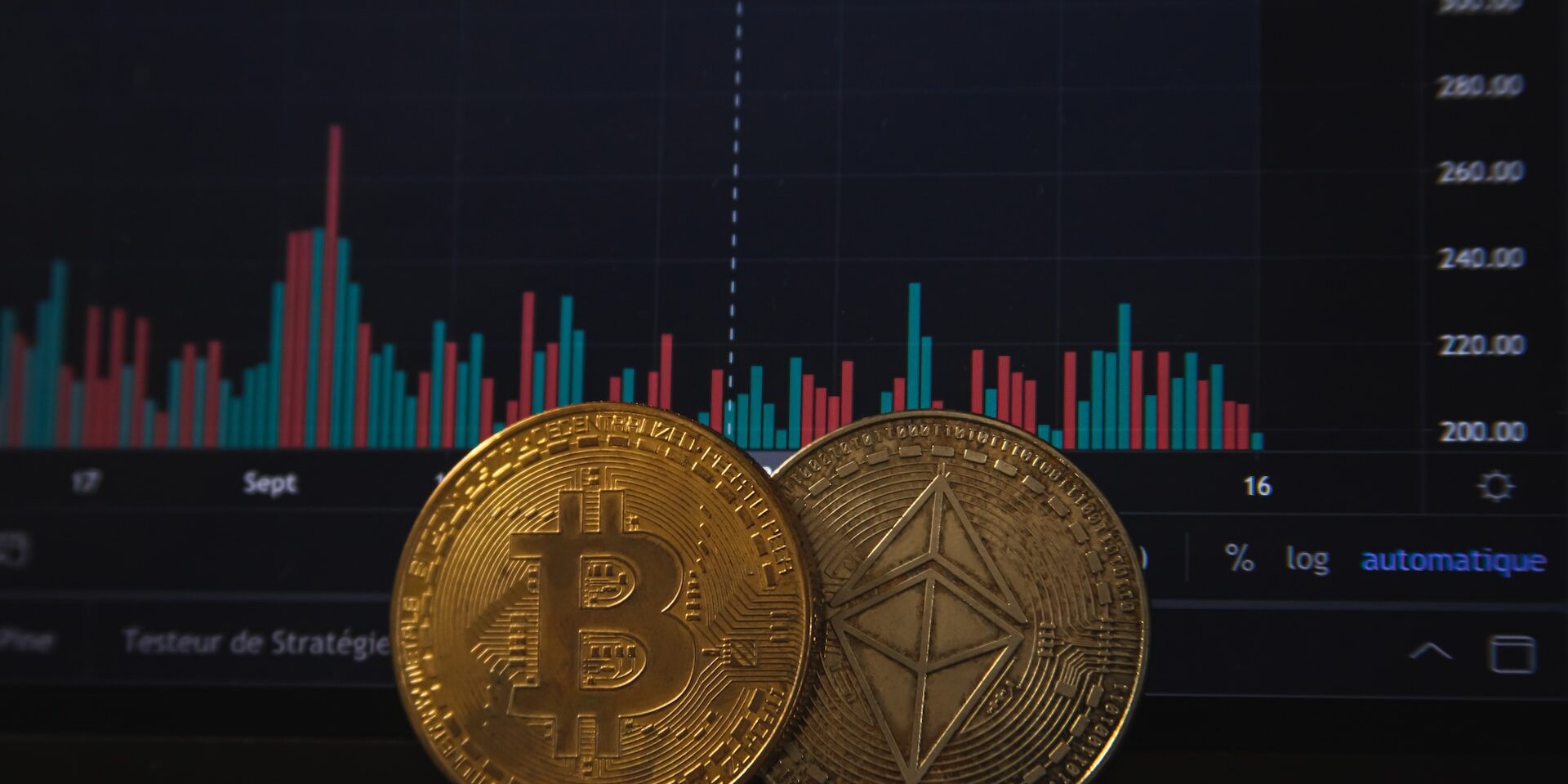Blockchain technology is gaining momentum in supply chain management due to its ability to enhance transparency, traceability, and security. It provides real-time visibility, improves traceability, enables secure data sharing, automates processes through smart contracts, reduces counterfeit products, and facilitates efficient supply chain financing. While challenges exist, the potential of blockchain to revolutionize supply chain management is promising. As businesses embrace this technology and address adoption hurdles, the industry can expect more efficient and reliable supply chains in the future.
Enhanced Transparency
Blockchain enables real-time visibility and transparency across the supply chain. By recording transactions and interactions in a distributed ledger, all participants have access to the same information, eliminating information asymmetry and reducing the risk of fraud or manipulation.
Improved Traceability
Blockchain’s ability to create an immutable record of transactions makes it ideal for tracing the movement of goods throughout the supply chain. Each transaction or event is recorded on the blockchain, creating a permanent and auditable trail. This enables businesses to track the origin, location, and status of products, enhancing supply chain visibility and facilitating efficient recalls or investigations.
Secure Data Sharing
Blockchain ensures secure data sharing among supply chain stakeholders. By leveraging cryptographic algorithms and decentralized consensus mechanisms, sensitive information can be shared securely without the need for intermediaries or centralized control. This not only reduces the risk of data breaches but also streamlines communication and collaboration among supply chain partners.
Smart Contracts and Automation
Blockchain’s smart contract functionality allows for the automation of supply chain processes. Smart contracts are self-executing agreements that automatically trigger actions based on predefined conditions. This enables streamlined and efficient execution of tasks such as payment processing, inventory management, and compliance verification.
Reduced Counterfeit Products
Counterfeit products pose a significant threat to supply chains and consumer safety. Blockchain can help address this issue by creating unique digital identities for products and storing them on the blockchain. This enables easy verification of product authenticity throughout the supply chain, reducing the risk of counterfeit goods entering the market.
Efficient Supply Chain Financing
Blockchain-based platforms can facilitate supply chain financing by creating a trusted and transparent environment for lenders and borrowers. By providing real-time visibility into transaction history and inventory data, blockchain enables faster and more secure financing decisions, reducing the risk for lenders and improving access to capital for businesses.
Challenges and Adoption
While blockchain offers significant potential for supply chain management, there are challenges to overcome. Integration with existing systems, scalability, and standardization are some of the key obstacles. However, as the technology matures and industry-wide collaboration increases, these challenges are being addressed.
Blockchain technology has the potential to revolutionize supply chain management by enhancing transparency, traceability, and security. Its decentralized nature, coupled with smart contracts and secure data sharing, can address the inherent challenges faced by modern supply chains. As more businesses recognize the benefits and overcome adoption hurdles, the rise of blockchain in supply chain management is set to reshape the industry, paving the way for more efficient and trustworthy supply chains.







